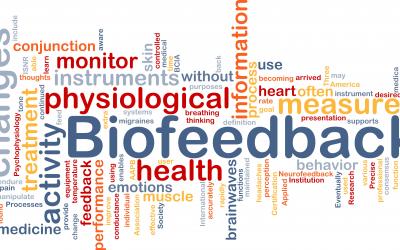Useful resources
- 온라인 슬롯사이트
- Migliori Bonus Benvenuto Casino
- Gambling Sites Not On Gamstop
- Casinos Not On Gamstop
- Casinos Not On Gamstop
- Non Gamstop Casino
- Betting Sites Uk
- Best Betting Sites Not On Gamstop
- Best Non Gamstop Casinos
- Meilleur Casino En Ligne France
- Casinos Not On Gamstop
- Sites Not On Gamstop
- UK Online Casinos Not On Gamstop
- Non Gamstop Online Casinos
- Casino Not On Gamstop
- Casino Non Aams
- Best UK Casino Sites
- Casino En Ligne Fiable
- Non Gamstop Casinos UK
- Non Gamstop Casino UK
- Casino Not On Gamstop







